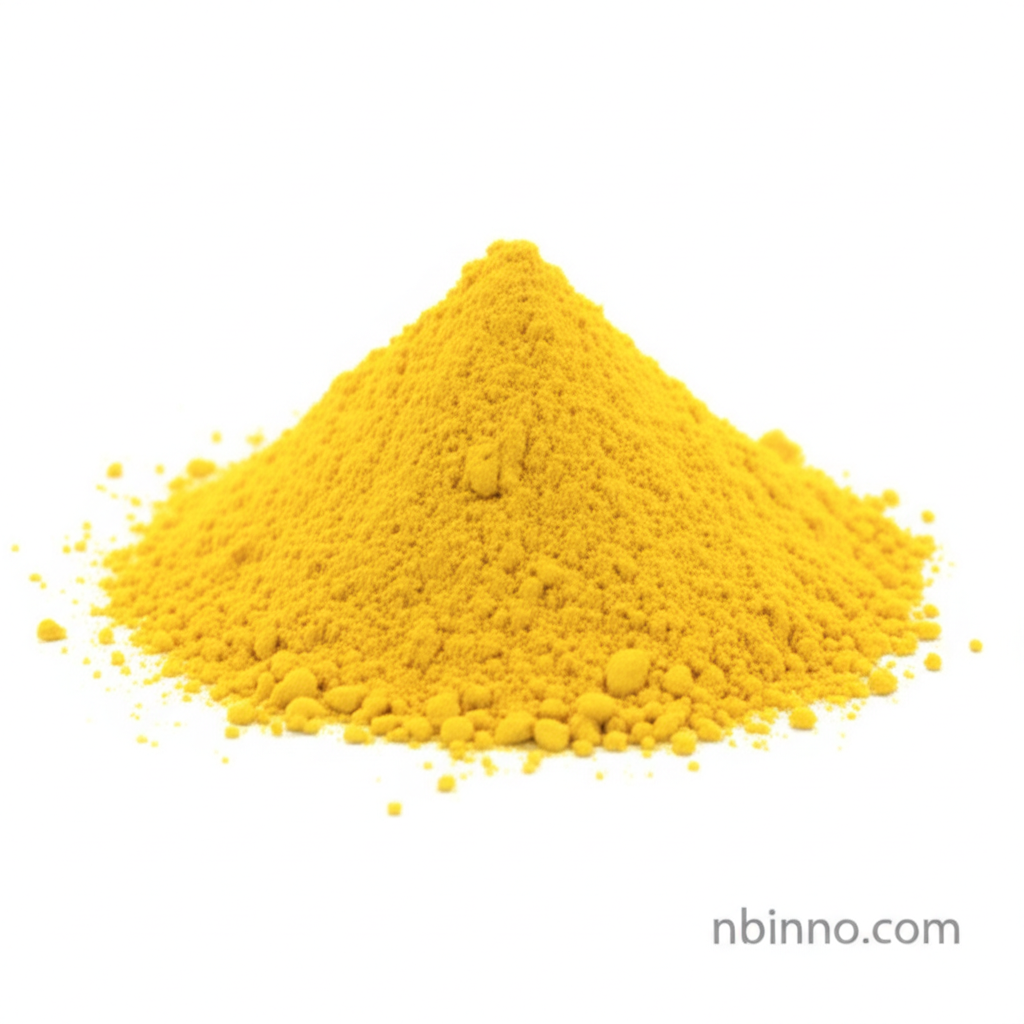Tetracycline Hydrochloride: A Broad-Spectrum Antibiotic for Diverse Bacterial Infections
Explore the comprehensive uses, mechanisms, and safety profiles of this vital antibiotic.
Get a Quote & SampleProduct Core Value

Tetracycline Hydrochloride
Tetracycline hydrochloride is a powerful antibiotic belonging to the tetracycline class, widely utilized for its efficacy against a broad spectrum of bacterial pathogens. Its primary mechanism involves inhibiting bacterial protein synthesis by binding to the 30S ribosomal subunit, thereby halting bacterial growth and proliferation. This makes it a crucial component in treating numerous bacterial infections.
- Discover the diverse tetracycline hydrochloride uses in combating serious bacterial infections, ranging from tick-borne diseases to respiratory tract infections.
- Understand the critical tetracycline hydrochloride mechanism of action, which targets bacterial protein synthesis for effective eradication.
- Learn about the potential tetracycline hydrochloride side effects and how to manage them for optimal patient outcomes.
- Navigate the complexities of tetracycline hydrochloride drug interactions to ensure safe and effective co-administration with other medications.
Key Advantages
Broad-Spectrum Efficacy
This antibiotic offers wide-ranging effectiveness against both Gram-positive and Gram-negative bacteria, making it a versatile choice for various infections, including those resistant to other treatments.
Established Treatment Protocol
With a long history of clinical use, tetracycline hydrochloride uses are well-documented, providing healthcare professionals with reliable treatment strategies for conditions like acne and Chlamydia.
Accessible and Essential
As a key pharmaceutical ingredient, understanding how to buy tetracycline hydrochloride online ensures access to this essential medicine, crucial for global health initiatives and patient care.
Key Applications
Bacterial Infections
Treats a wide array of bacterial infections, including those affecting the urinary tract, respiratory system, and skin, leveraging its potent antimicrobial properties.
Acne Treatment
Effectively manages moderate to severe acne by reducing inflammation and controlling the bacteria associated with breakouts, a common and important application.
Sexually Transmitted Infections (STIs)
A crucial treatment for STIs such as Chlamydia and syphilis, especially when penicillin allergy is a concern, highlighting its role in public health.
Tick-Borne Illnesses
Indispensable for treating diseases transmitted by ticks, like Rocky Mountain spotted fever and Lyme disease, showcasing its utility against intracellular pathogens.
